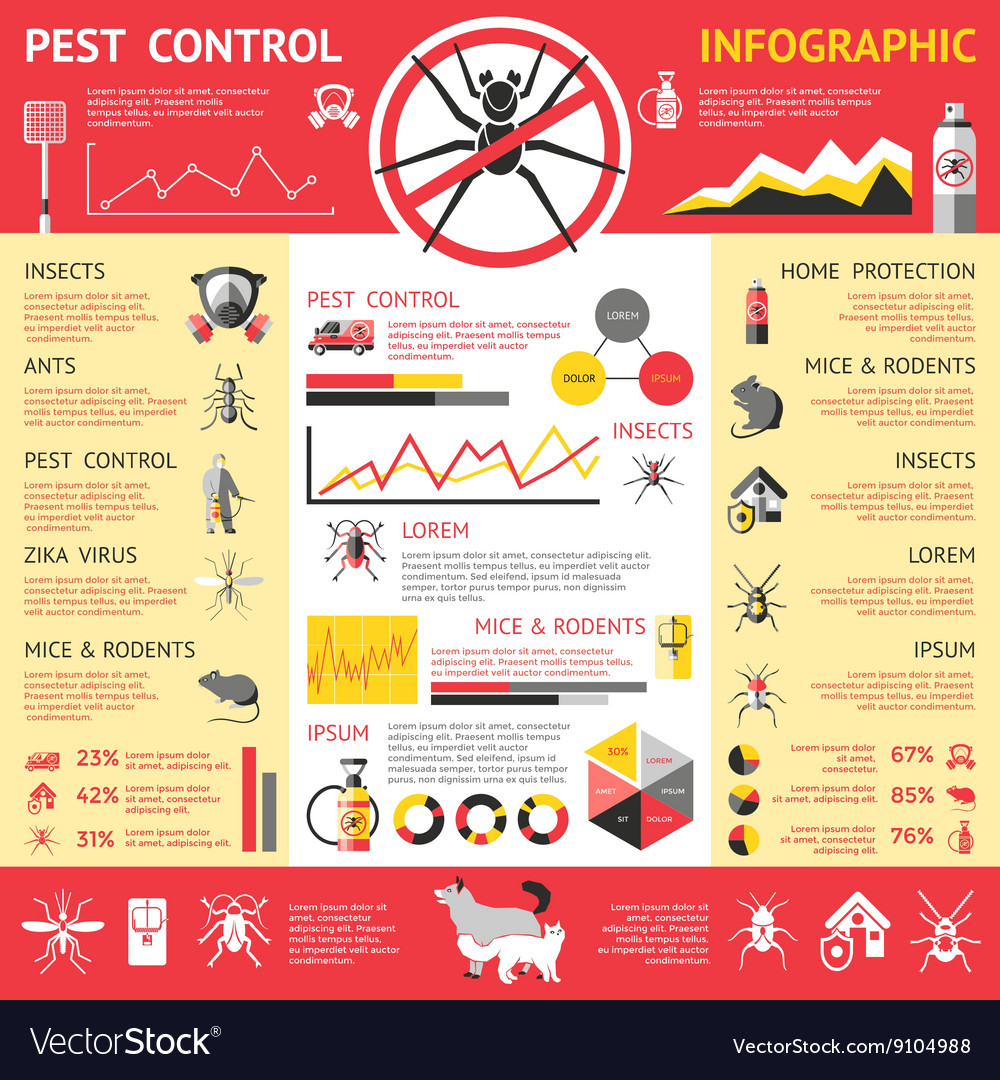Pest-Proofing Your Yard: Tips For Maintaining Outside Insects At Bay
Pest-Proofing Your Yard: Tips For Maintaining Outside Insects At Bay
Blog Article
Content Created By-Frandsen Medeiros
Envision your garden as a refuge, a place of tranquility and beauty. Nonetheless, the existence of exterior parasites can quickly interrupt this ideal photo. Suppose there were straightforward yet effective means to keep these unwelcome site visitors at bay and secure your yard oasis? By adhering to a few useful suggestions and applying all-natural strategies, you can develop an unified outdoor room where your plants can prosper undisturbed.
Natural Parasite Deterrents
To keep parasites far from your yard naturally, plant fragrant natural herbs like mint and lavender. view include appeal to your garden but likewise act as reliable parasite deterrents. Pests like mosquitoes, flies, and even some garden-damaging bugs are fended off by the solid fragrances sent out by these herbs. Just putting them purposefully around your garden can help develop a natural barrier against unwanted insects.
Along with mint and lavender, think about planting other herbs like rosemary, basil, and lemongrass to further boost your yard's pest-proofing abilities. These natural herbs not only serve as natural repellents but likewise have the added advantage of working in cooking or crafting self-made remedies.
Strategic Plant Placement
Consider the design of your yard and the types of plants you have to strategically position them for optimum pest-proofing effectiveness.
Begin by grouping plants with comparable resistance to insects with each other. By doing this, you can create an all-natural obstacle that prevents bugs from spreading out throughout your yard.
In addition, positioning pest-repelling plants like marigolds, lavender, or mint near even more prone plants can aid shield them. High plants, such as sunflowers or corn, can serve as a guard for much shorter plants versus pests like bunnies or ground-dwelling insects.
Keep in mind to leave sufficient area between plants to improve air flow and minimize the threat of diseases that pests could bring.
Moreover, think about growing strong-smelling herbs like rosemary or basil near at risk plants to confuse pests' senses and make it harder for them to locate their targets.
Reliable Parasite Control Approaches
For combating garden bugs effectively, implementing a multi-faceted pest control strategy is necessary. Start by urging natural predators like birds, ladybugs, and praying mantises to help keep pest populations in check. Introducing plants that attract these advantageous bugs can aid in pest control. Additionally, exercising pest and termite control near me by removing particles and weeds where insects may conceal can make your yard less friendly to undesirable site visitors.
Take into consideration utilizing physical barriers such as row cover fabrics or netting to secure at risk plants from pests like caterpillars and birds. Applying organic chemicals like neem oil or insecticidal soap can additionally be effective versus certain insects while being less unsafe to advantageous insects and the setting. flying ants pest control to turn your plants each period to prevent the accumulation of insect populaces that target specific plants.
Consistently check your plants for indications of pest damage so you can act immediately. By integrating these approaches and staying cautious, you can successfully manage yard pests and appreciate a growing, pest-free garden.
Suggested Studying , there you have it - with the appropriate approaches, you can keep pesky outdoor parasites away from your yard and help your plants flourish.
Did you know that growing mint has been shown to fend off mosquitoes and other insects, decreasing the need for hazardous chemicals by up to 60%?
By incorporating natural deterrents and clever planting methods, you can develop a stunning and pest-resistant yard oasis for you to take pleasure in.
